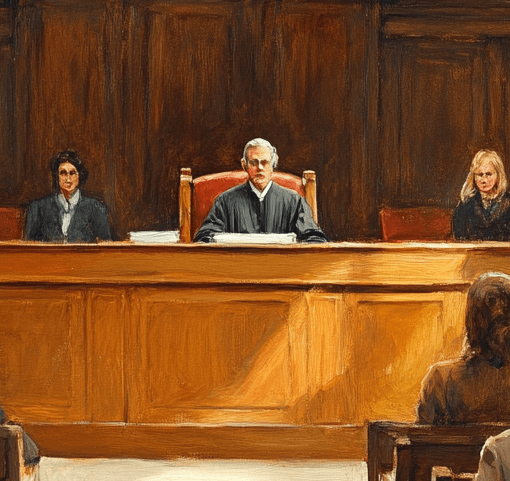A Critical Choice for Surviving Spouses
When a spouse passes away, the surviving spouse often faces a difficult decision: should they accept what’s left to them under the will (or intestacy rules, if there’s no will), or should they make an equalization claim under Ontario’s Family Law Act (FLA)? This choice, known as a spousal election, can have significant implications for both the surviving spouse and the estate.
In this blog, we’ll explore the spousal election process, the legal deadlines involved, and how this decision impacts estate administration. Whether you’re a surviving spouse weighing your options or an estate trustee managing an estate, understanding these rules is essential to avoid costly mistakes.
Under s.6(1) of the FLA, a surviving spouse must choose between two options:
- Taking under the will or intestacy rules:
- Accepting the gifts or entitlements provided in the deceased spouse’s will (or under Ontario’s intestacy laws, if there’s no will).
- Making an equalization claim:
- Pursuing a claim for an equalization payment under the FLA, which is based on the difference in the spouses’ Net Family Property (NFP).
Six months time limit:
- The election must be made within 6 months of the deceased spouse’s death. If no election is filed within this period, the surviving spouse is deemed to have chosen to take under the will or intestacy rules under s.6(11) of the FLA.
The election doesn’t always have to be made by the surviving spouse personally. Other individuals or entities may have the authority to make the election on their behalf, including:
- Attorneys under a Power of Attorney:
- If the surviving spouse has granted a continuing power of attorney, the attorney may file the election.
- Guardians:
- If the surviving spouse is mentally incapable, a court-appointed guardian or the Public Guardian and Trustee (PGT) may make the election.
However, if the surviving spouse passes away before making an election, their estate cannot file an election on their behalf, pursuant to Rondberg Estate v. Rondberg Estate.
Once an election is filed, it is generally considered final. However, in rare cases, the court may allow a revocation if it would be unjust to enforce the election. For example, in Iasenza v. Iasenza Estate ONSC [2007], the court permitted a revocation because the surviving spouse had made the election based on incomplete information. At this juncture, it showed that the court has a residual discretion to authorize revocation of an election in restrictive circumstances where the interests of justice so require and where it is warranted by a balancing of interests of the affected parties.
Nonetheless, until the issue is clarified by an appellate court, prudence would dictate that if one is acting for a surviving spouse, the election, once filed, ought to be treated as irrevocable.
This means before making an election, it’s crucial to fully understand the financial implications.
The choice to make an equalization claim can significantly affect the distribution of estate assets. Here’s what happens when a spouse elects equalization:
- Forfeiture of Will benefits:
- Under s.6(8), the surviving spouse loses any entitlements under the will. The will is interpreted as if the surviving spouse predeceased the deceased spouse
- Effect on insurance and pensions:
- Under s.6(6), the surviving spouse must set off the value of certain benefits (e.g., life insurance proceeds, pension benefits) against the equalization claim. This prevents the surviving spouse from receiving a “windfall”
- Jointly owned properties:
- If the spouses owned property jointly, the surviving spouse’s increased interest in the property (due to the right of survivorship) must also be set off against the equalization claim.
Example:
David and Mary own a cottage as joint tenants. When David dies, Mary becomes the sole owner. If Mary elects equalization, the value of her increased interest in the cottage will be deducted from her equalization claim.
During the 6-month election period, estate trustees are generally prohibited from distributing estate assets without:
- The surviving spouse’s written consent; or
- Court authorization under s. 6(14)
Why this matters:
- Distributing assets too early can leave the estate unable to satisfy an equalization claim
- Under s.6(19), if an estate trustee distributes assets in violation of these rules, they may be personally liable for any shortfall
What Estate Trustees should do:
- Freeze Estate Assets:
- Avoid making any distributions until the election period has passed or the surviving spouse has consented.
- Seek Legal Advice:
- If the surviving spouse files an election, consult a lawyer to ensure compliance with the FLA.
The spousal election process is a critical aspect of estate administration that can have far-reaching consequences for both surviving spouses and estate trustees. Understanding the deadlines, legal requirements, and potential risks is essential to avoid costly disputes.
Disclaimer: This blog is for informational purposes only and does not constitute legal advice. Always consult a qualified lawyer for your specific situation.




